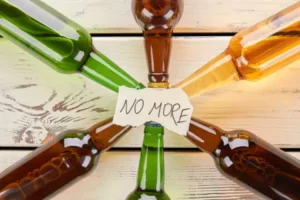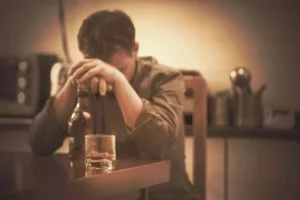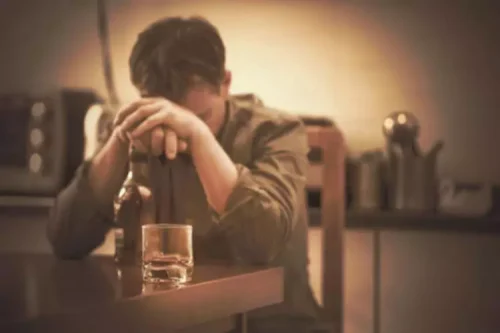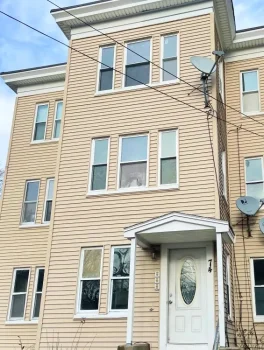No products added!

However, if you continue to have sleeping difficulties, reach out to a sleep specialist. Other, generalised sedative effects Alcohol can increase the sedative effects of medications that you may be taking for other conditions. This is why you’ll often see a warning label on these medications advising you to avoid alcohol.
Can’t Sleep Without Alcohol? Issues With Drinking To Fall Asleep
His research and clinical practice focuses on the entire myriad of sleep disorders. Relaxing your muscles before bed can help you drift off to sleep more easily. A good soak in the bathtub or hot shower may release tension in your abdominal and back muscles and reduce cramping at night time. Containing L-theanine and magnesium, Pepsi’s “enhanced water” beverage, Driftwell, claims it helps sleep. Avidan cautions that there’s no scientific evidence behind that claim.
How Weight Affects Sleep Apnea

Proceed with caution when drinking before bedtime, as alcohol may be affecting your sleep more than you realize. This may be especially true if you drink alcohol to help you fall asleep faster, and then experience disrupted sleep later in the night without realizing it. Since even small amounts of alcohol can affect your sleep, the overwhelming consensus in the medical community is that alcohol is not an appropriate sleep aid. You may not be able to sleep after drinking alcohol because it can be a stimulant in some cases, and it can fragment your sleep, reduce melatonin, and cause or worsen anxiety and sleep disorders.

Sleep Apnea and Heart Disease
- People who have already been diagnosed with sleep apnea should talk with their doctor if their symptoms do not improve after starting treatment.
- With help from experienced professionals, substance use and co-occurring insomnia can be treated effectively.
- Because alcohol is highly calorific, drinking too much means that your body is suddenly faced with having to burn off these additional calories.
- For the treatment of either disorder to be effective, both insomnia and substance abuseshould be addressed together.
- Information from your device can be used to personalize your ad experience.
We all know someone who feels merry following their first drink and we know others who appear unfazed by pint after pint. However, the problem with alcohol comes later in the night when alcohol has a number of negative effects. Alcohol will undoubtedly help to send you off to sleep as it actually works on the same receptors in the brain that are targeted by some sleeping tablets.

Although alcohol can make a person feel sleepy at bedtime, it throws off the normal process of sleep. As alcohol wears off does alcohol help you sleep during the night, a person is more likely to have shallower, lower-quality sleep and to awaken more frequently. Drinking alcohol may also contribute to sleep apnea, a condition marked by repeated breathing disruptions during sleep. Alcohol can affect people with both types of sleep apnea, known as obstructive sleep apnea (OSA) and central sleep apnea (CSA).
Insomnia
Unfortunately, the problems aren’t over when you manage to fall asleep. The potential for insomnia treatment to influence alcohol-related consequences has significant implications for the prevention and treatment of problematic alcohol use among young adults. Snoring Because alcohol is a muscle relaxant it may precipitate or increase the likelihood of snoring and may worsen obstructive sleep apnoea.3 Many non-snorers will snore after they have had some alcohol during the evening.
Night Eating Syndrome: Symptoms, Causes, and Treatments
Our state-specific resource guides offer a comprehensive overview of drug and alcohol addiction treatment options available in your area. Without proper treatment, returning to alcohol use may seem to be the only solution. Taking any other substances that have a sedative effect should be avoided unless a doctor prescribes them. Doing so without medical supervision can trigger a new addiction to another substance. When we looked at 1.95 million RISE users aged 24 and up, we found their sleep needs ranged from five hours to 11 hours 30 minutes.
- Next time you’re drinking, use a measuring cup to pour out 5 ounces of wine, 12 ounces of beer, or 1.5 ounces of spirits.
- If you don’t want to give up booze altogether, try avoiding it at least three to four hours before bed and limiting how much you drink.
- Sleep apnea is a common disorder that causes breathing to repeatedly stop and restart during sleep, affecting the amount of oxygen your body gets.
- UpToDate delivers evidence-based clinical decision support that is clear, actionable, and rich with real-world insights.View Source .

You’ll get a 100% custom plan, then use daily texts to track your progress and help you stay on target. This episode of The Verywell Mind Podcast, featuring neurologist and sleep expert Chris Winter, shares strategies for sleeping better at night. Working on your https://ecosoberhouse.com/ sleep hygiene is another way to help prevent or reduce insomnia.
Vivid dreams

As many as three quarters of people with alcohol dependence experience insomnia symptoms when they drink. Trusted Source UpToDateMore than 2 million healthcare providers around the world choose UpToDate to help make appropriate care decisions and drive better health outcomes. UpToDate delivers evidence-based clinical decision support that is clear, actionable, and rich with real-world insights.View Source Insomnia is also very common in people who are in withdrawal or early recovery from alcohol addiction. In addition to altering your sleep architecture, alcohol can disrupt your sleep by interfering with contributing to sleep disorders and interfering with circadian rhythms.
